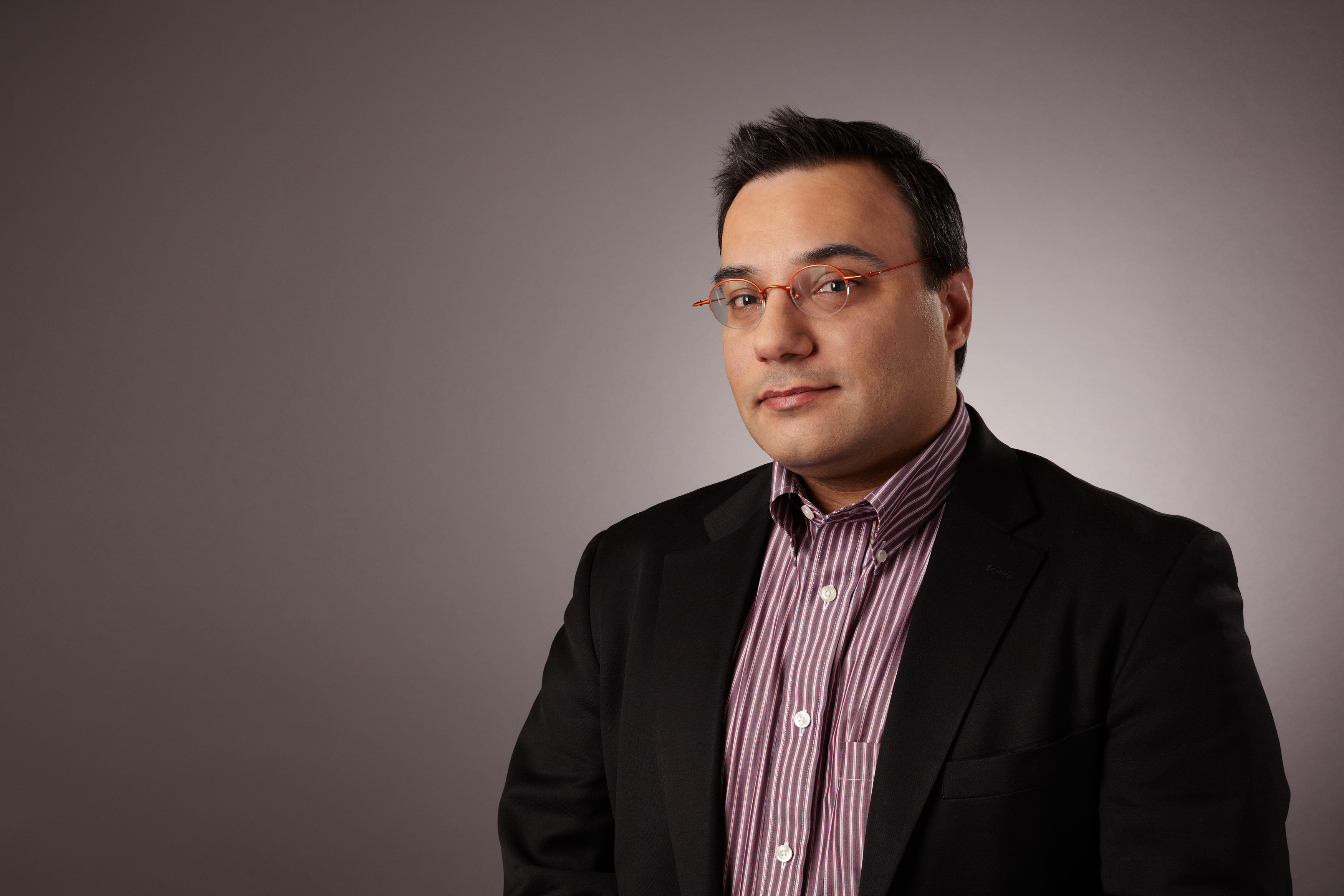Astronauts Unfazed by Planned Spy Satellite Shot
Get the world’s most fascinating discoveries delivered straight to your inbox.
You are now subscribed
Your newsletter sign-up was successful
Want to add more newsletters?
Join the club
Get full access to premium articles, exclusive features and a growing list of member rewards.
HOUSTON — Astronauts aboard the shuttle Atlantis and the International Space Station (ISS) said Saturday that a plan to shoot down an ailing spy satellite poses no threat to their mission to install a European laboratory.
Shuttle commander Stephen Frick and ISS commander Peggy Whitson said both of their spacecraft will be safely out of harm's way when the U.S. Department of Defense (DoD) launches a missile to destroy the falling satellite just before it enters the Earth's atmosphere.
"We're going to be safely on the ground before they take any action and the satellite is going to be well below the space station, so we don't expect any problems," Frick told reporters via a space-to-ground video link.
Pentagon officials said Thursday that they will wait until after Atlantis' Feb. 20 landing before shooting the classified satellite down with a U.S Navy missile. NASA mission managers will also call up a backup runway to give Atlantis more landing attempts Wednesday.
The massive, bus-sized satellite is loaded with toxic fuel that poses a hazard to people on Earth should it survive reentry, they said. But debris from the space shot should circle the Earth much lower than the station's 215-mile (346-km) orbit, NASA and military officials have said.
"I think NASA and the DoD loves the station crew as much as they love the shuttle," joked station commander Peggy Whitson. "So, no we're not worried about it either."
Smooth construction
Get the world’s most fascinating discoveries delivered straight to your inbox.
Frick and his six STS-122 crewmates are in the homestretch of a 13-day mission to deliver the European Space Agency's (ESA) Columbus laboratory and a new crewmate to the ISS. The shuttle crew is due to undock from the space station early Monday.
"It looks like it's going very well," said ESA astronaut Leopold Eyharts, of France, who replaced U.S. astronaut Dan Tani aboard the ISS during the flight.
Tani hoped to return to Earth last December, but delays to Atlantis' current flight prolonged his orbital stay by two months.
"It's going to be tough leaving here, but obviously I want to get back and see my family," Tani said, adding that he also looks forward to eating food off a plate and spitting his toothpaste into a sink rather than swallowing it. "I'm looking forward a few odd things."
Atlantis' first time spaceflyers — mission specialists Leland Melvin, Stanley Love and shuttle pilot Alan Poindexter — said they have enjoyed their first taste of space.
Poindexter and Melvin said they've enjoyed floating in space and working alongside their comrades, while Love has taken in a new perspective of his home planet during his two spacewalks.
"As an astronomer, you get used to planets as sort of abstraction," said Love, a trained physicist and astronomer, adding that looking down on Earth has redefined the planet. "It's just an awe-inspiring experience. You have no idea what the word "planet" really means until you've seen that."
NASA is broadcasting Atlantis' STS-122 mission live on NASA TV. Click here for SPACE.com's shuttle mission coverage and NASA TV feed.

Tariq is the editor-in-chief of Live Science's sister site Space.com. He joined the team in 2001 as a staff writer, and later editor, focusing on human spaceflight, exploration and space science. Before joining Space.com, Tariq was a staff reporter for The Los Angeles Times, covering education and city beats in La Habra, Fullerton and Huntington Beach. He is also an Eagle Scout (yes, he has the Space Exploration merit badge) and went to Space Camp four times. He has journalism degrees from the University of Southern California and New York University.
 Live Science Plus
Live Science Plus










